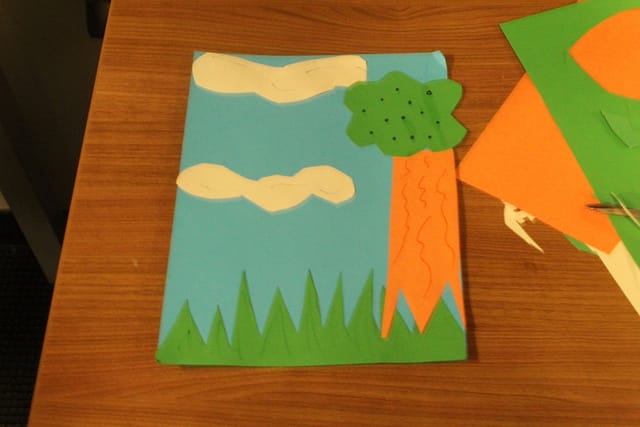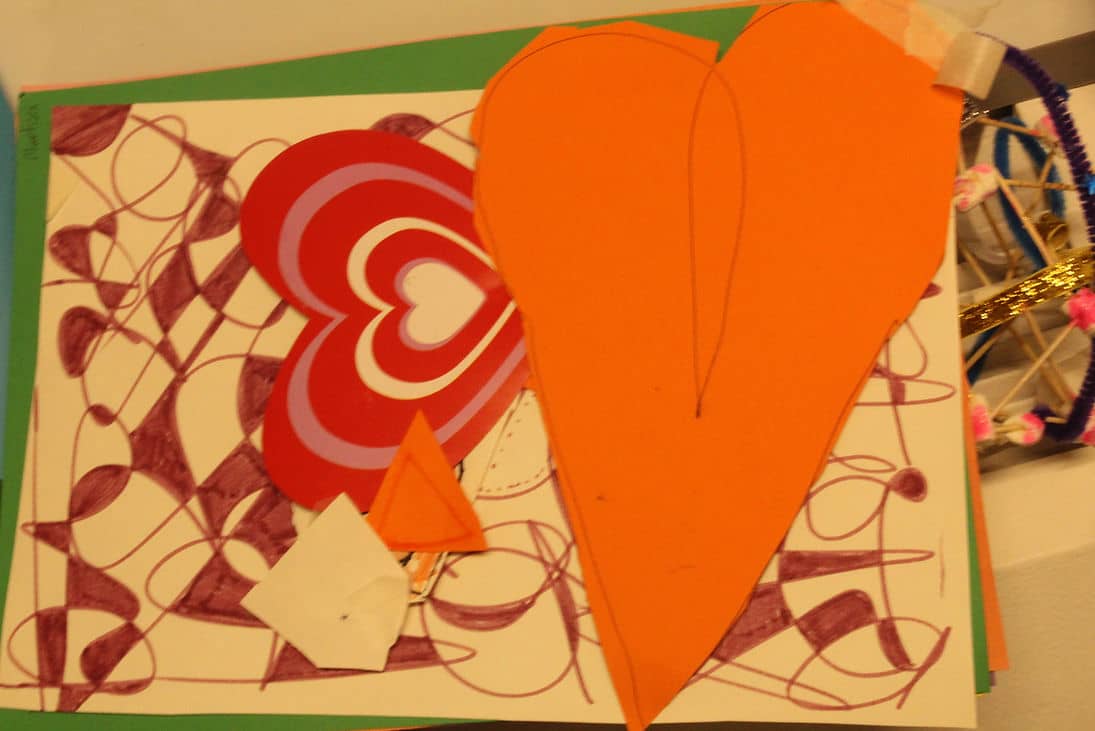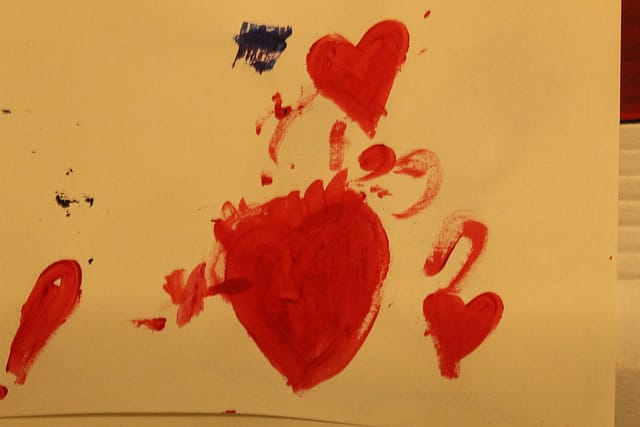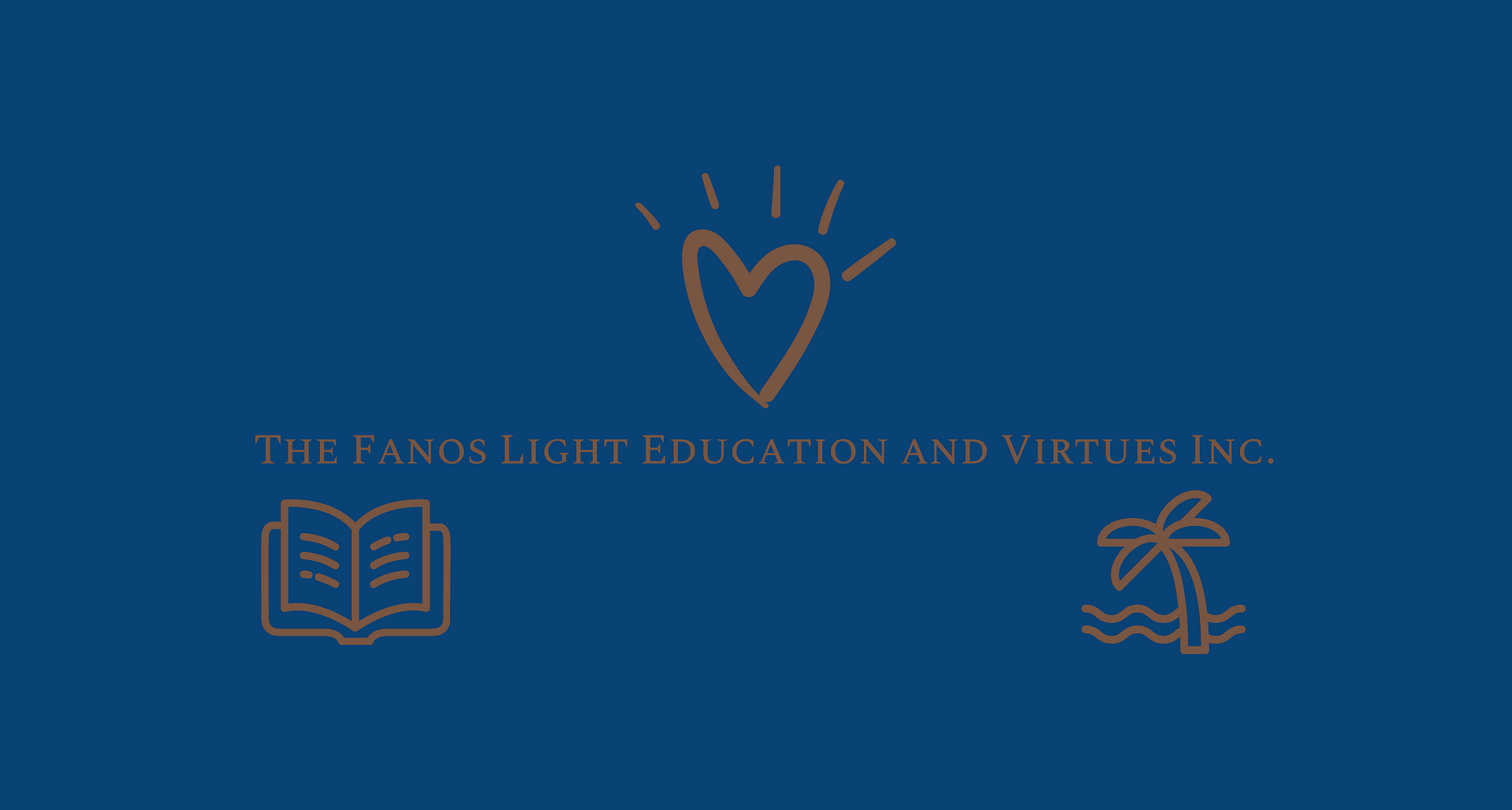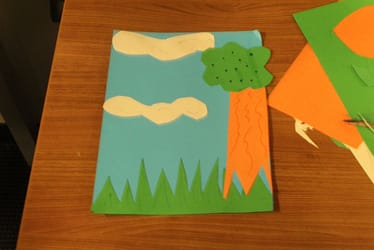
Many things have been said about the role of play in the process of teaching and learning. Play in essence is something that children engaged in that would help them process everything they have learned about, from school, from family, from church, from friends, from society in general. We often think of play only related to some kind of activity that we know like games or other things that would engage is in physical activity, but it’s beyond this.
Paly could be something that is sctrured or something that is random that children just incline. Play is defined in the dictionary in the following way. let’s see this definition before we see it from a bit different perspective. Play is simply defined as engaging in an activity for enjoyment and recreation rather than a serious or practical purpose. Play is also defined as taking part in (a sport) different types of sport. Play is also defined as representing a character in a theatrical performance or a film.
Do you remember that type of play you like to engage in? Its true environment, time, culture, and other factors could play some role in terms of in what types of play children want to incline to play, but its a fact that all children like to play. I want you to take a moment and think of yourself while you were a child when you are a kid, what types of play you like to engage in, what types of things you like to do, and why? If you are able to see this carefully, I think somehow you will e able to see how those moments play a role in your personal and academic journey. Research findings indicated that there is a strong relationship between the types of play children are inclined to play and their intelligence. The theory of intelligence is a very good example and explanation about the role of play, and the relationship between play and intelligence. I am inviting you to look back in time and think about what types of play you like to engage in, types of play you like to play
I have learned the importance of play, and its role in children learning, growth, and development during my studies. I have learned about so many theories that explain the importance of play in children’s learning, growth, and development. Recently, I had a chance to read a book called reclaiming our youth by Hannah Bech and Tamara Neufeld, which is a fantastic book that I recommend you to read. I find this book very informative, educational, and inspirational. Somehow it motivates and inspires me to think and consider the idea of play in our afterschool work. In this book, they talk about the importance of play and emotional well-being in children, growth, and development.
It’s very important to understand the importance of play in learning and growth, and in education in general. We believe play, plays a very significant role in children’s and youth growth and development. That is why we are trying to design programs that would accommodate play, that would allow children to play, think, and process their thinking and their ideas while playing. We know play is a very broad topic and we can not cover the whole idea in this reflection, but we are trying to show you how important it is. In TFLCS Inc. we often provide programs related to art, which involves drawing, painting, also programs related to design it science which is more of designing and building based on some since concepts and ideas. We are also planning to provide an opportunity for writing and producing of play that could be performed or acted out on stage. The whole idea and the purpose of play is, it gives them the opportunity to think, rethink, process, and digest their thinking, and their world.
We believe in children and youth, we believe in their talent, their potential to learn, grow and become successful in their studies and in their life. We believe we are here to support them in all possible ways we can, by providing the resources, the tools, the environment that facilitates learning, and to provide all the support they need to succeed. We believe with a bit of compassion, with a bit of sacrifice, dedication, and responsibility we would bring a difference.
